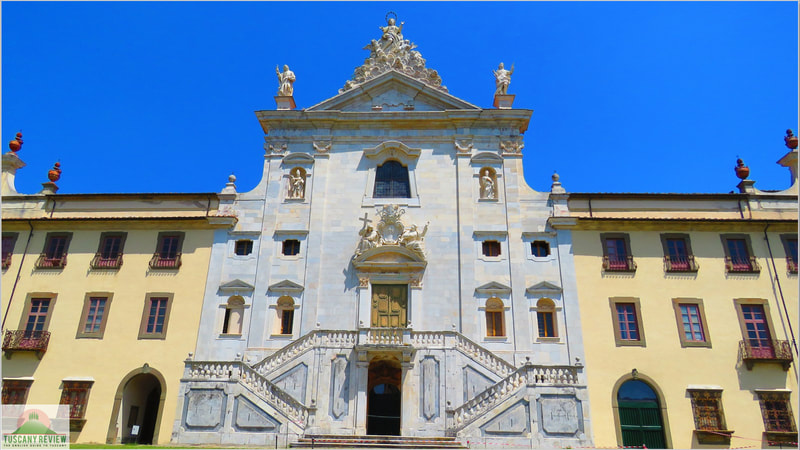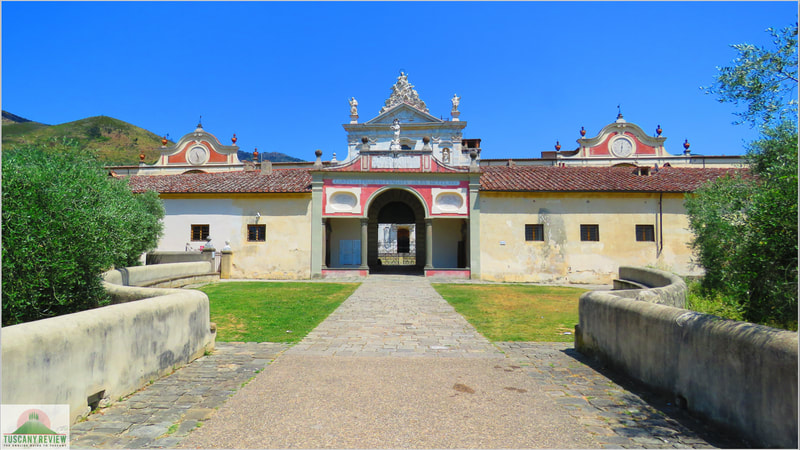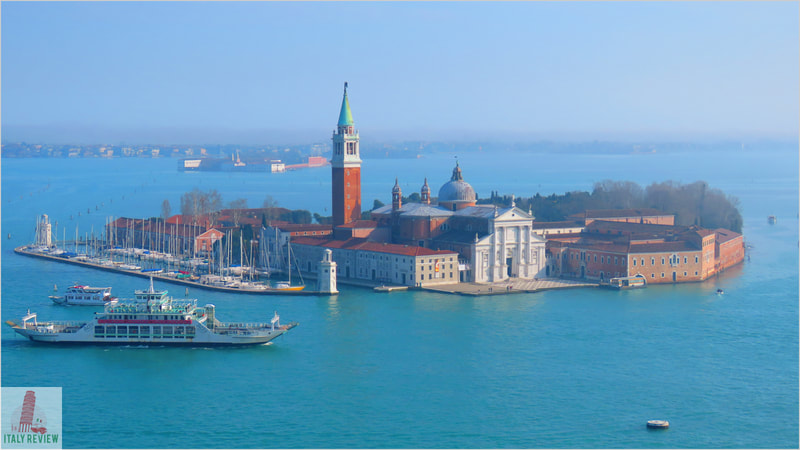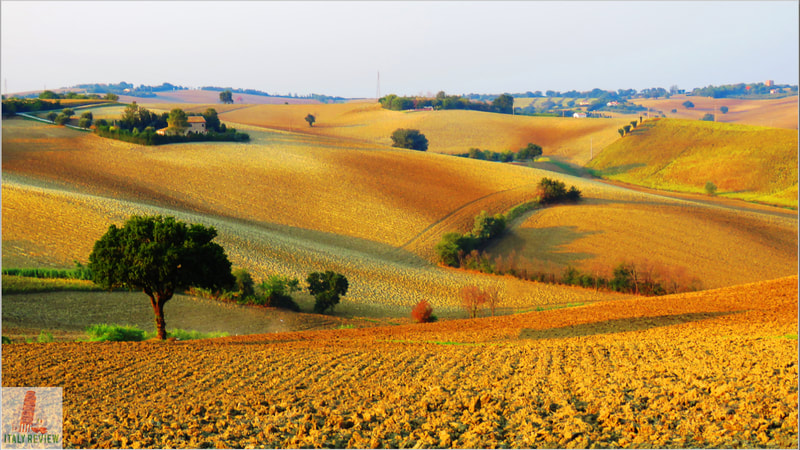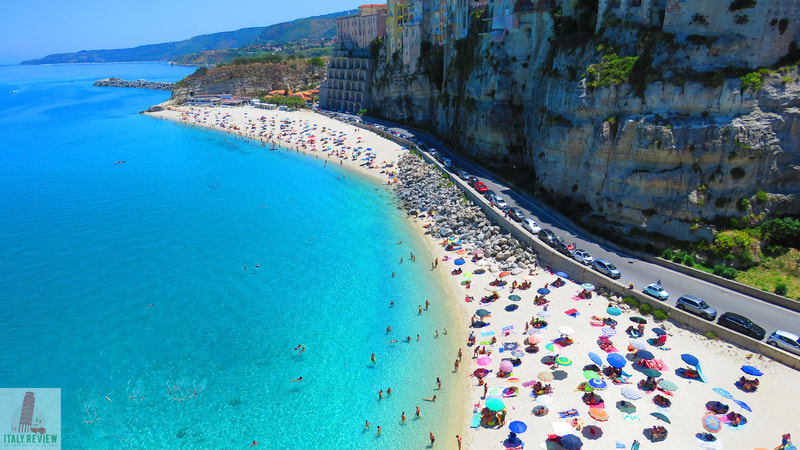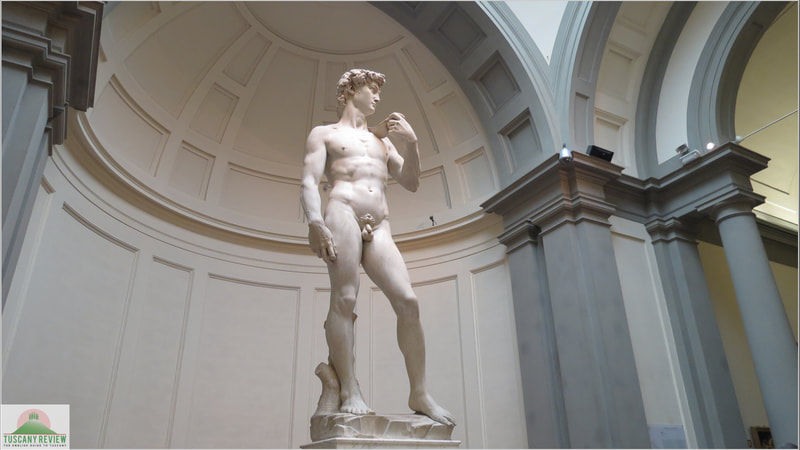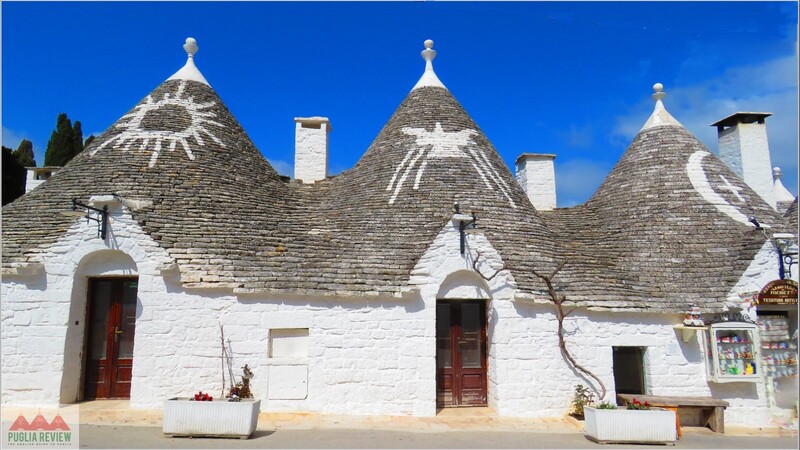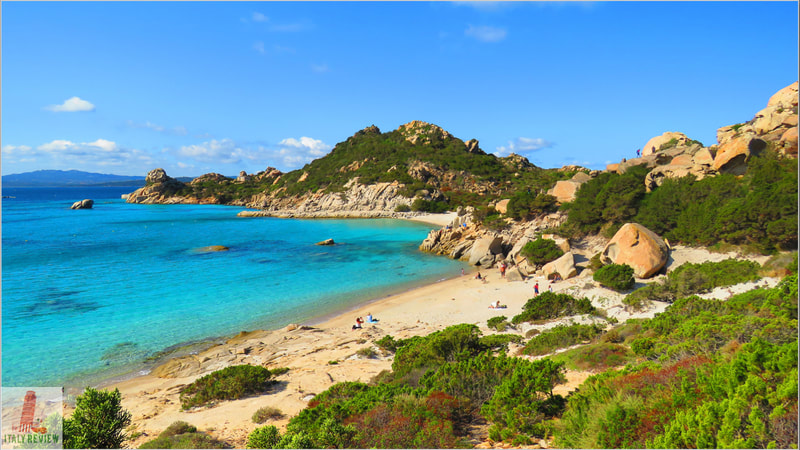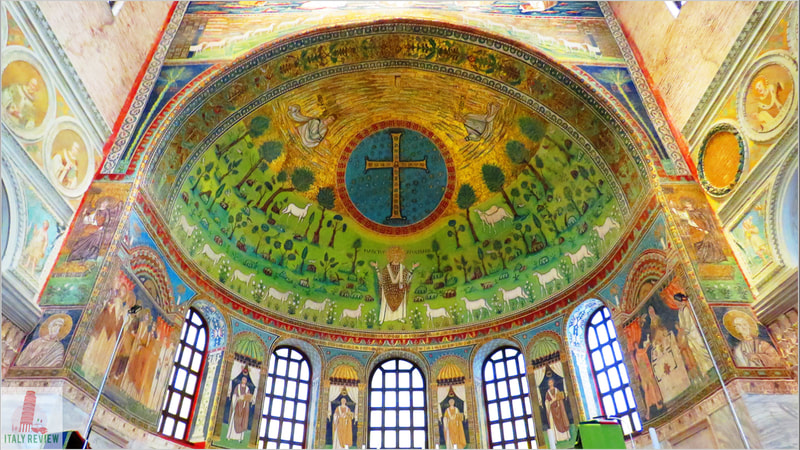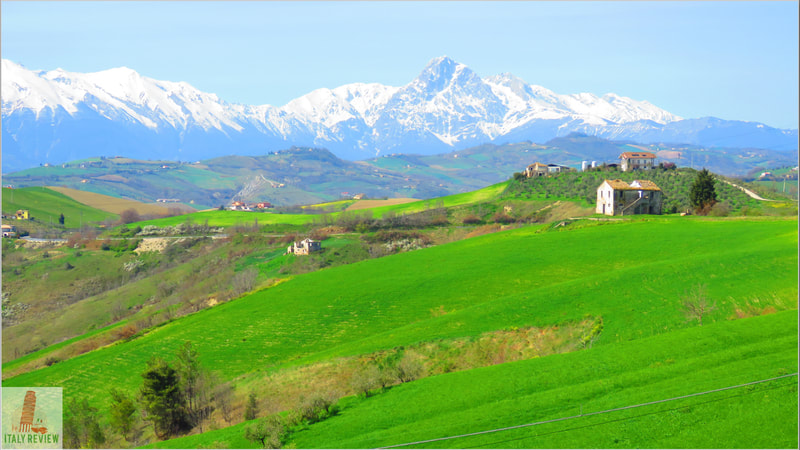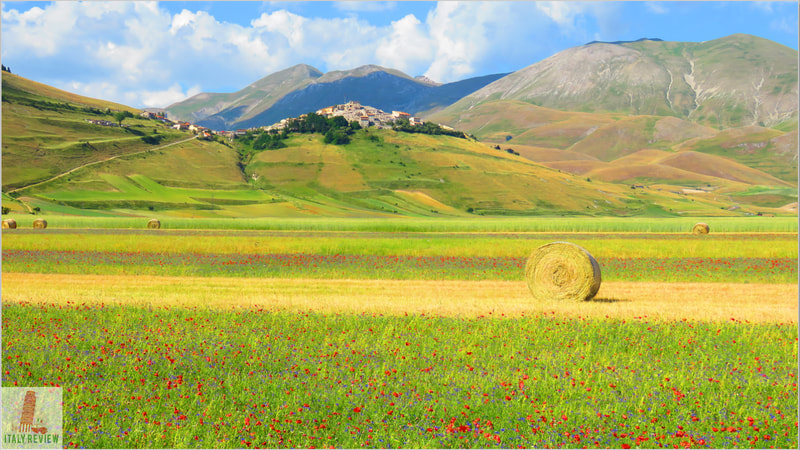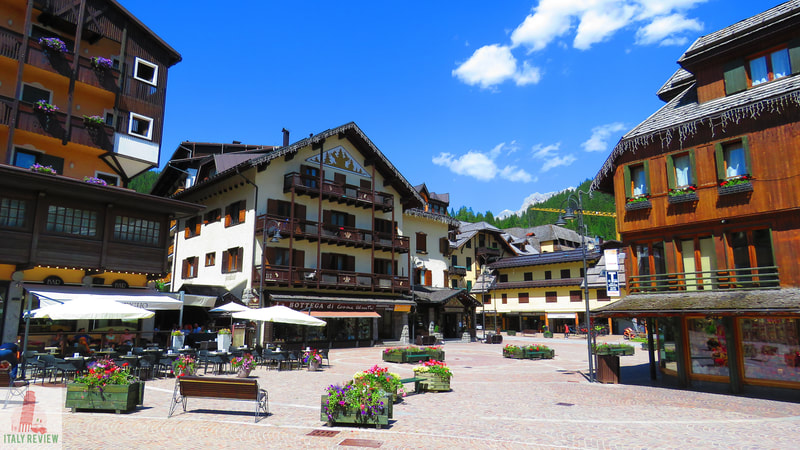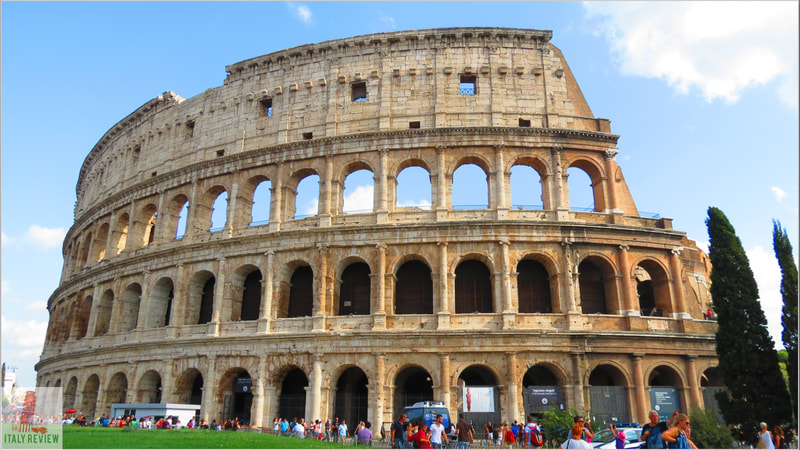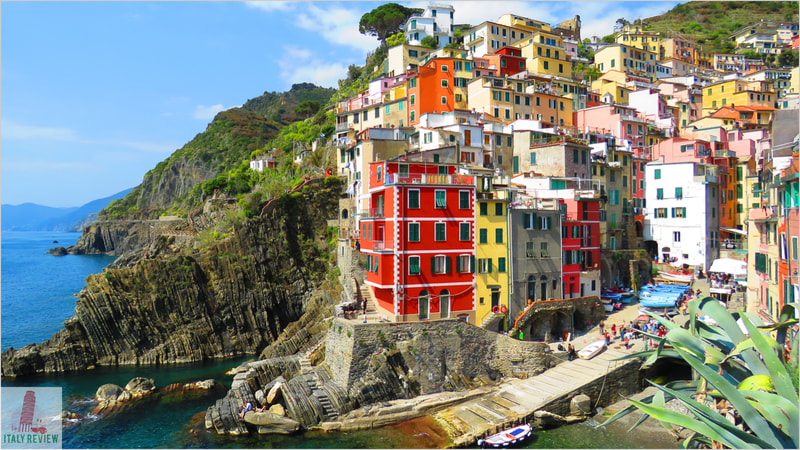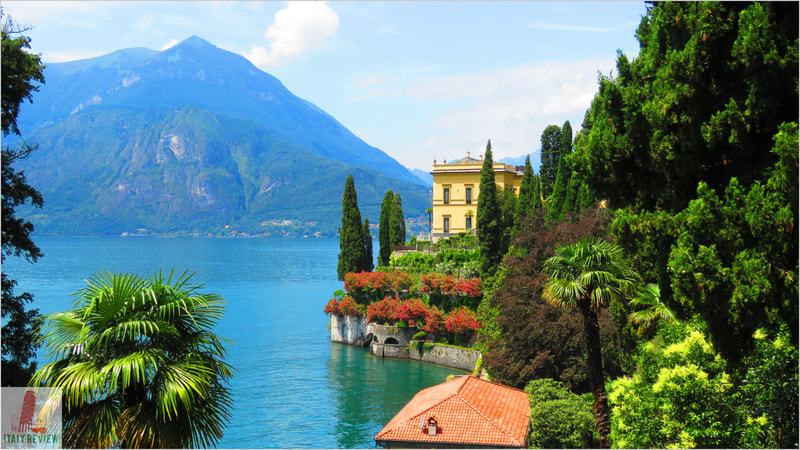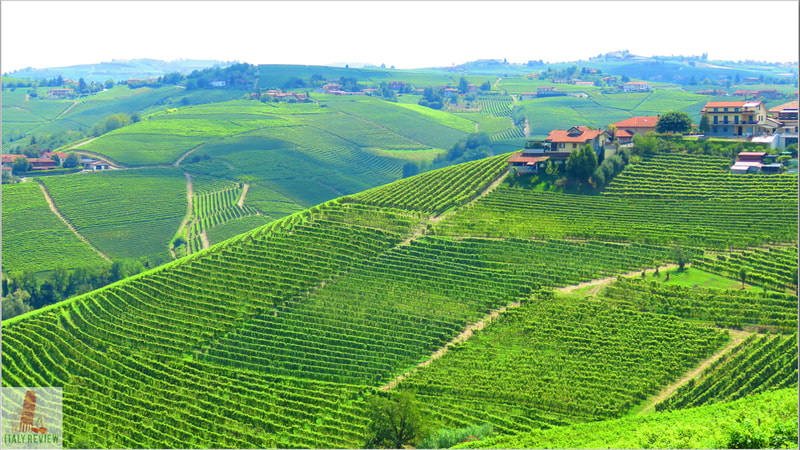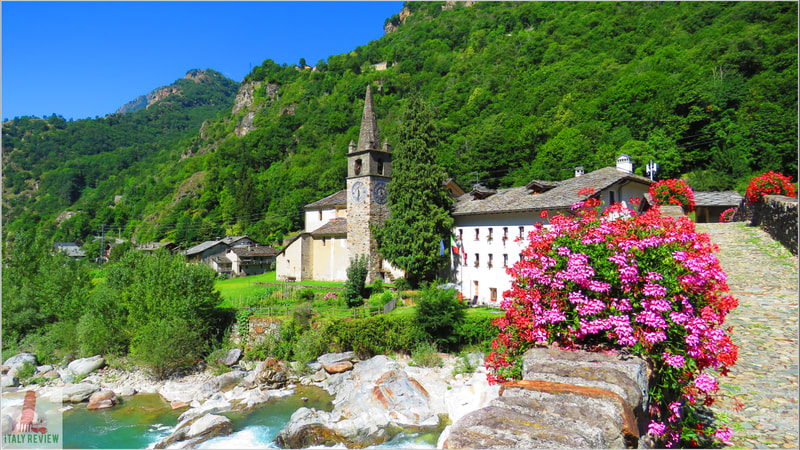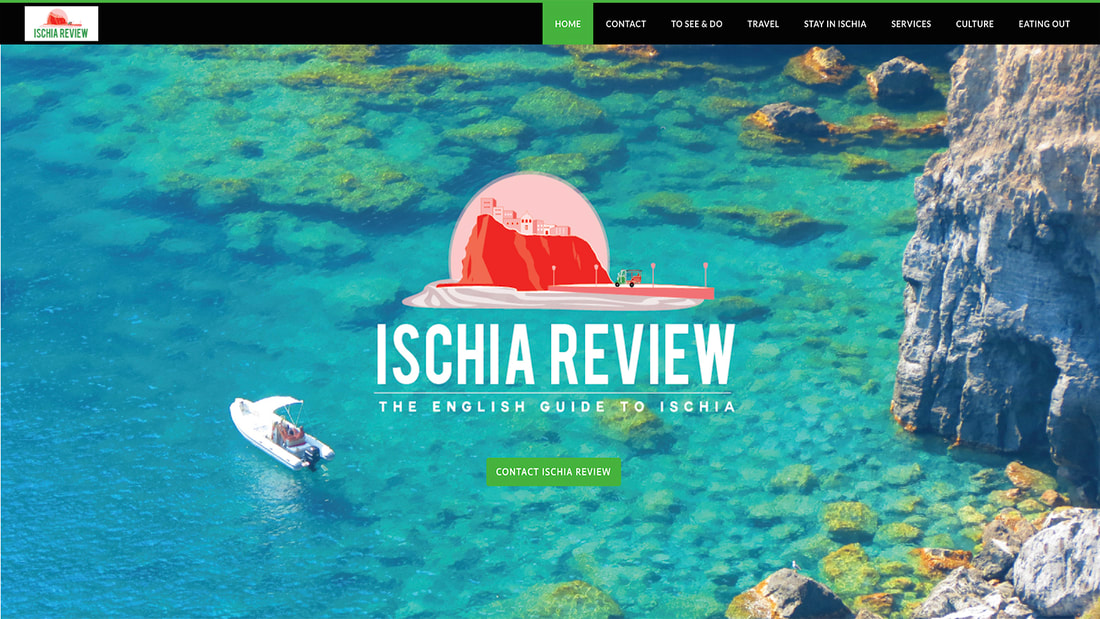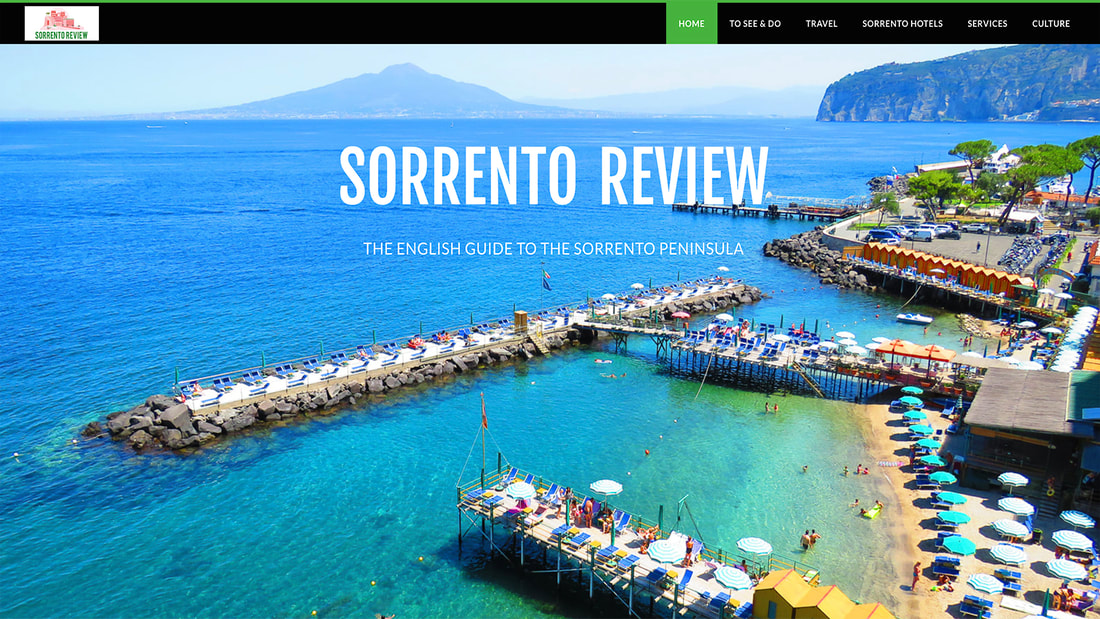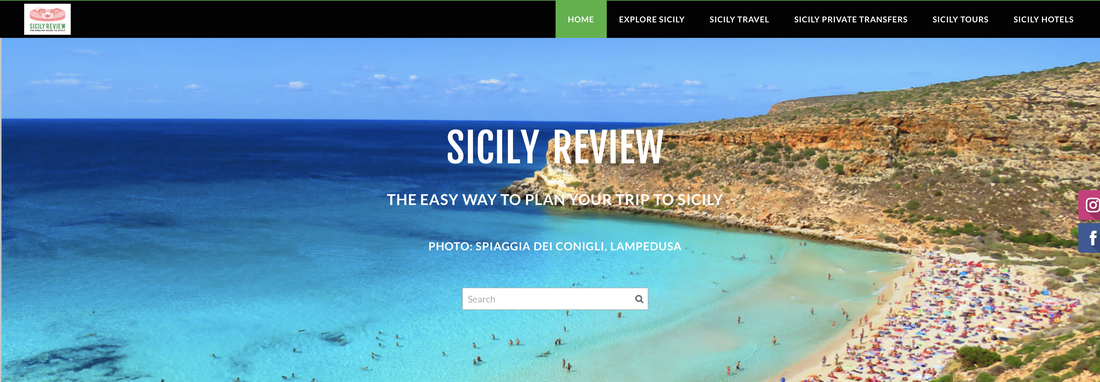Certosa di Calci
|
By Dion Protani
|
Latest update: 15 January 2024
|
|
The Certosa di Calci or Pisa Charterhouse is a former Carthusian monastery situated 12 kilometres east of Pisa city centre in the region of Tuscany. Originally founded in 1366, it has been home to the Natural History Museum of the University of Pisa since 1981.
The current structure with its Baroque features was significantly refurbished between the 17th and 18th centuries. |
Related links
Profile
The Certosa di Calci, also known as the Certosa di Pisa, is a stunning Carthusian monastery located in the town of Calci, near Pisa, in the region of Tuscany, Italy. It is one of the largest and most well-preserved charterhouses in Italy, renowned for its beautiful architecture, impressive cloister, and peaceful surroundings.
The Certosa di Calci is an architectural masterpiece, characterized by its elegant Baroque and Neoclassical elements. The complex consists of several buildings, including the church, the cloister, the refectory, and the cells where the Carthusian monks once lived in solitude.
The church of the Certosa di Calci features a grand façade adorned with intricate sculptures and a central rose window. Inside, visitors can admire beautiful frescoes, paintings, and sculptures from various periods, showcasing the rich artistic heritage of the region.
The cloister, with its harmonious arcades and serene atmosphere, is a tranquil space for contemplation and relaxation. The surrounding gardens and natural landscape add to the beauty of the complex, making it a peaceful and scenic destination for visitors.
The Certosa di Calci is an architectural masterpiece, characterized by its elegant Baroque and Neoclassical elements. The complex consists of several buildings, including the church, the cloister, the refectory, and the cells where the Carthusian monks once lived in solitude.
The church of the Certosa di Calci features a grand façade adorned with intricate sculptures and a central rose window. Inside, visitors can admire beautiful frescoes, paintings, and sculptures from various periods, showcasing the rich artistic heritage of the region.
The cloister, with its harmonious arcades and serene atmosphere, is a tranquil space for contemplation and relaxation. The surrounding gardens and natural landscape add to the beauty of the complex, making it a peaceful and scenic destination for visitors.
History
The Certosa di Calci was founded in 1366 by a group of Carthusian monks. The Carthusian order, known for its strict asceticism and devotion to solitude and contemplation, played a significant role in the spiritual and cultural life of the region.
Over the centuries, the monastery underwent various renovations and expansions, with its current Baroque and Neoclassical appearance dating back to the 17th and 18th centuries. The complex flourished until the 19th century when it was suppressed during the Napoleonic era, leading to the departure of the monks and the secularization of the property.
In the 20th century, the Certosa di Calci was acquired by the Italian state and became home to the Natural History Museum of Pisa, which showcases an impressive collection of fossils, minerals, and botanical specimens.
Over the centuries, the monastery underwent various renovations and expansions, with its current Baroque and Neoclassical appearance dating back to the 17th and 18th centuries. The complex flourished until the 19th century when it was suppressed during the Napoleonic era, leading to the departure of the monks and the secularization of the property.
In the 20th century, the Certosa di Calci was acquired by the Italian state and became home to the Natural History Museum of Pisa, which showcases an impressive collection of fossils, minerals, and botanical specimens.
Key features
- Opening Hours: The complex is generally open to visitors during specific hours. It's recommended to check the specific opening times before planning your visit.
- Entrance Fee: There is an entrance fee to access the museum and the rest of the complex, which often goes towards its maintenance and preservation.
- Guided Tours: Guided tours may be available, providing in-depth insights into the history and art of the monastery.
- Accessibility: The complex is partially accessible to visitors with mobility issues, but some areas may have limited accessibility due to stairs and uneven terrain.
Certosa Monumentale di Calci/Certosa di Pisa
|
Comune: Calci
Province: Pisa Region: Tuscany Founded: 1366 Architectural style: Baroque Close by: Pisa, Migliarino San Rossore Nature Park, Lari Recommended accommodation: Hotel di Stefano |

